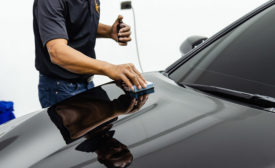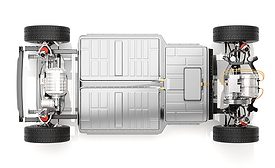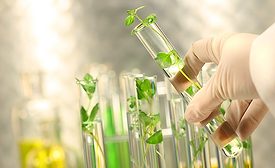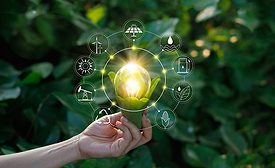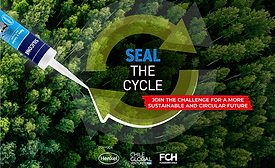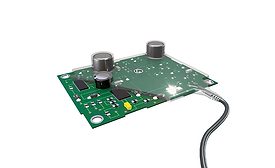Sustainability
Top 5 News that Sticks
Readers last week showed massive interest in H.B. Fuller’s latest acquisitions.
Read More
Performance Elastomers from Renewable Resources
Elastomers produced with a new renewable monomer are helping create new market value while offering sustainability benefits.
February 14, 2022
Electric Vehicle Market Advances Generate Adhesive Technology Innovations
As the electric vehicle market evolves and develops, adhesive manufacturers create new technologies to meet these needs.
February 11, 2022
Top 5 News that Sticks
H.B. Fuller Retains Top Position with New Acquisitions Announcement
An announcement from H.B. Fuller regarding two acquisitions drew strong reader interest to keep the company in the top position for the second consecutive week.
February 7, 2022
Improved Rheological Profile and Stability of 2K Waterborne Polychloroprene Dispersion Adhesives
Microfibrillated cellulose (MFC) offers multiple benefits in waterborne polychloroprene adhesive formulations.
February 7, 2022
Fedrigoni Self-Adhesives Expands Circular Product Offerings
The division will pursue a strategy that includes the reuse of materials, increasing the use of recycled materials, and reducing the quantity of raw materials used.
February 4, 2022
Striving for Sustainability
Recycling Silicone Sealant Cartridges
Henkel has launched a global innovation call for separating plastic from silicone waste.
February 4, 2022
Argenton to Succeed Draves as Dow Vice President for EH&S and Chief Sustainability Officer
Andre Argenton joined Dow in 1999 in Brazil as a research scientist.
February 2, 2022
Strategies for Green Bonding
How can we make adhesives and bonding processes more sustainable?
January 31, 2022
Keep the info flowing with our eNewsletters!
Get the latest industry updates tailored your way.
JOIN TODAY!Copyright ©2024. All Rights Reserved BNP Media.
Design, CMS, Hosting & Web Development :: ePublishing


